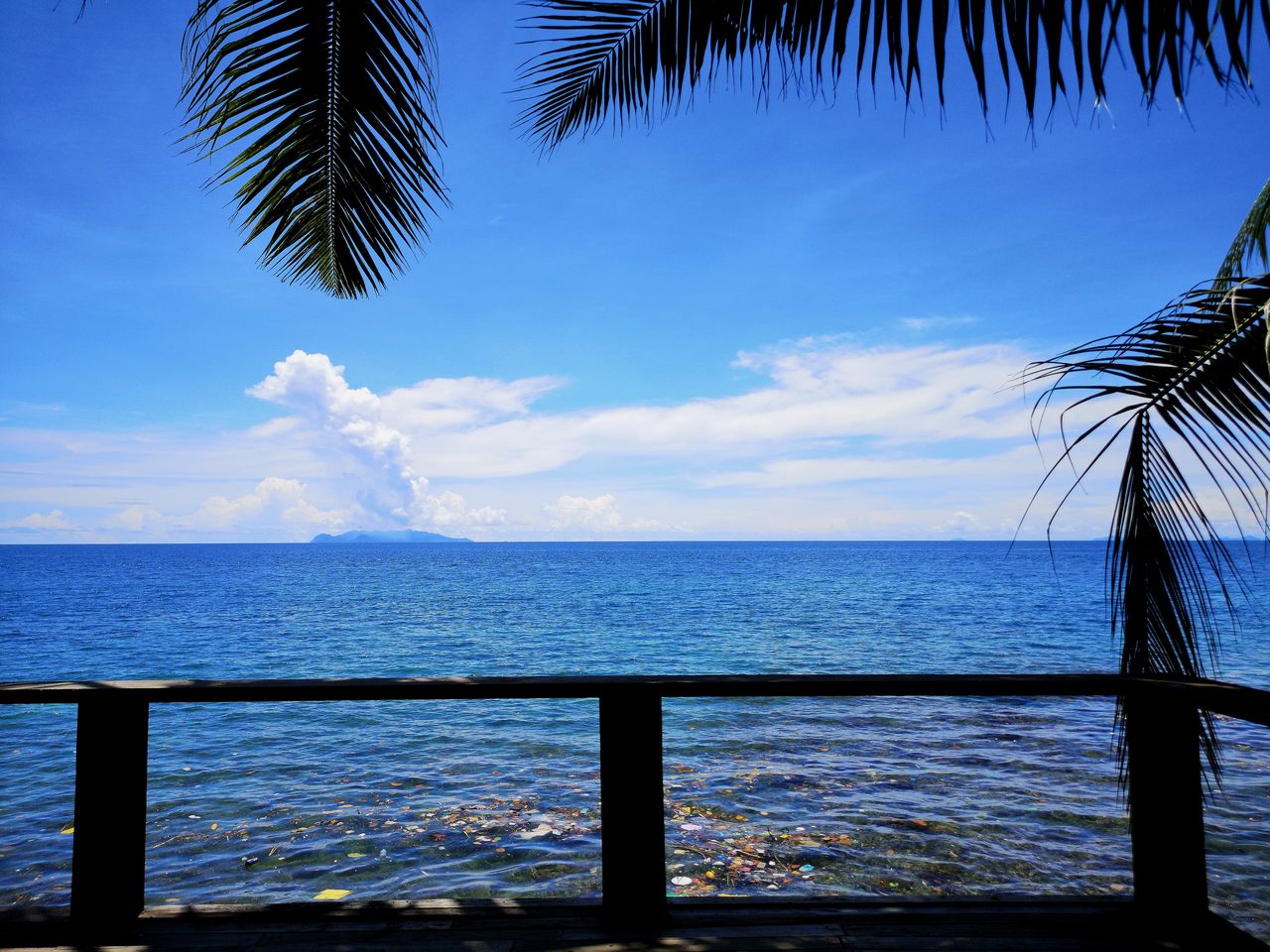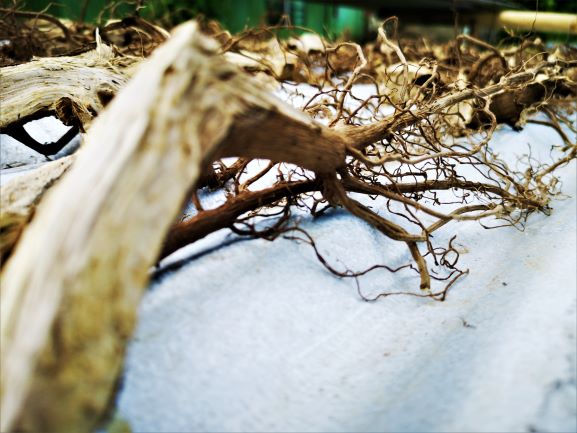
Living the dream, you say? There are definitely worse places to get stuck in, is a statement I hear very often. I can’t complain, far from it. I’m truly enjoying it. And if I’m being totally honest, I’ve been living this life for the past 14 months. Summer, sea, sun, learning new cultures, meeting people, and discovering myself. For me, not much has changed here, besides the fact that I can’t travel to another country.
Wonderful volcano islands, atolls, and beaches are currently out of sight. They will remain unreachable for the time being. So close, yet so far. I must wait for the government to make a decision on a complete lockdown across all islands. If that happens, all traveling between the islands will be suspended. We have food, healthcare, and an internet connection where I’m currently residing, same can’t be said for most other islands so I simply can’t risk losing it during these challenging times.
“You have the ocean beneath you”, everyone writes to me. The ocean, which I haven’t even dipped my toes into yet. Dirty, polluted, and full of bacteria. At first glance, a magical blue ocean lagoon is sadly full of trash. Trash that is pouring in from every river. From those same rivers which run through villages where the waste management is a myth. Where rivers serve both as garbage disposal and the sever system at the same time. The muddy sludge then travels along with all the plastic, cans and other trash directly into the ocean, polluting the coastal strip. The locals are used to it, they were born into this.
For them swimming surrounded by plastic bottles is … if you ask me, now that I’ve been watching them for a week, I think they don’t even notice it, the trash that engulfed them. Maybe the kids, when they fill up bottles with water and use them as toys.
Yet there are still individuals, who scream “Corona“
as a white foreigner walks by.
I managed to go diving last week. I explored two Japanese cargo shipwrecks, sunk during World War II. Kinugawa and Hirokawa. Marine life is rich, soft and hard corals, numerous species of tropical fish, which are all united in fighting against the mud and dirt flowing from the rivers. Along with my diving partner we managed to bring ashore two cans, some fishing lines, and hooks. How long will this last? I’ve been told that someone is trying to tackle the pollution problem, cleaning the islands from trash, set up a waste management system. I have enough time to check this information, how far along they’ve come. Raising awareness is currently almost non–existent. I’ve seen only one sign in the whole city addressing this problem. It was in a park for children, forbidding polluting. The one and only sign in the whole capital city!

“One and only sign in the whole capital city!”

“The kids fill up bottles with water and use them as toys.”
Rivers, which are suffocating in pollution and rats swimming in its streams are images that sadden me. A similar sight to the Northern Territory in Australia, where aborigines are suffocating in their own waste. Who is responsible? Western civilizations? Us? Everyone? There is no need to pass blame. It’s enough if something changes. But where to start? If you raise awareness that polluting is wrong, that we must all throw waste into trash cans, where will they empty them to? There are no waste disposal units here.

“Rivers, which are suffocating in pollution ...”

“... sadden me.”
Every evening smell of burning plastic fills my bedroom. This is currently the only solution for the islanders. Burning plastic and trash. Every other night I hear a bang, but at least the trash doesn’t keep pilling up. What about the air? Do you think that anyone even thinks about air pollution? Probably no one. Just like no one understands that washing your clothes in the ocean is harmful. For ocean life, for fish, covered with microplastic. Along with laundry detergents and shampoos, they are also in danger from all the hooks and harpoons. Scenes, when women take their wooden kayaks and go fishing a few meters off the coast, seem beautiful. But that feeling stops as soon as you think of what they catch and eat.
Hygiene is in its first stage of development. Showering? Doubtful, judging by the smell surrounding me during my bus transit. While on Fiji the locals have started to cover their scent with the overuse of perfumes and deodorants, this idea has not yet reached the Solomon Islands. The easiest way is to jump into the ocean with your clothes. They usually take off their shirt in the water, slap around with it a few times and put it back on. And they’re good for another day or two. Forget about soap and any kind of disinfectant. To people living on Salomon Islands, the only solution to prevent a possible pandemic disaster is to self-isolate. Even though there hasn’t been a confirmed case of a Coronavirus infection the locals seem frightened and already use protective masks. Fear is their master here.

“You have the ocean beneath you ...”

“Dirty, polluted, and full of bacteria.”
The government fears the panic more than the virus itself. Possible attacks on the Chinese district are almost unavoidable. The Police are prepared for violence towards Chinese and other Asian races. The prime minister is calling for everyone to return to their home islands and be with their families. To return to nature and survive on their own, just like in old times. The government hasn’t taken any additional measures so far as it would only provoke panic. Bigger companies and stores have taken their own prevention measures today, by introducing distancing between consumers. In the local Telekom centre, they even have lines on the ground, separating them by one meter.
Most hotels are closed. In one of the resorts, they measure body temperature at the entrance. Bigger companies have sent their employees home, back to their villages. They weren’t fired, just sent home until further notice. This way the city is less crowded thus lowering the risk of violence. Black markets have disappeared from the streets. The Police closed down all markets besides the main, central one. There are fewer people on the streets with each passing day. Yet there are still individuals, who scream “Corona” as a white foreigner walks by.





